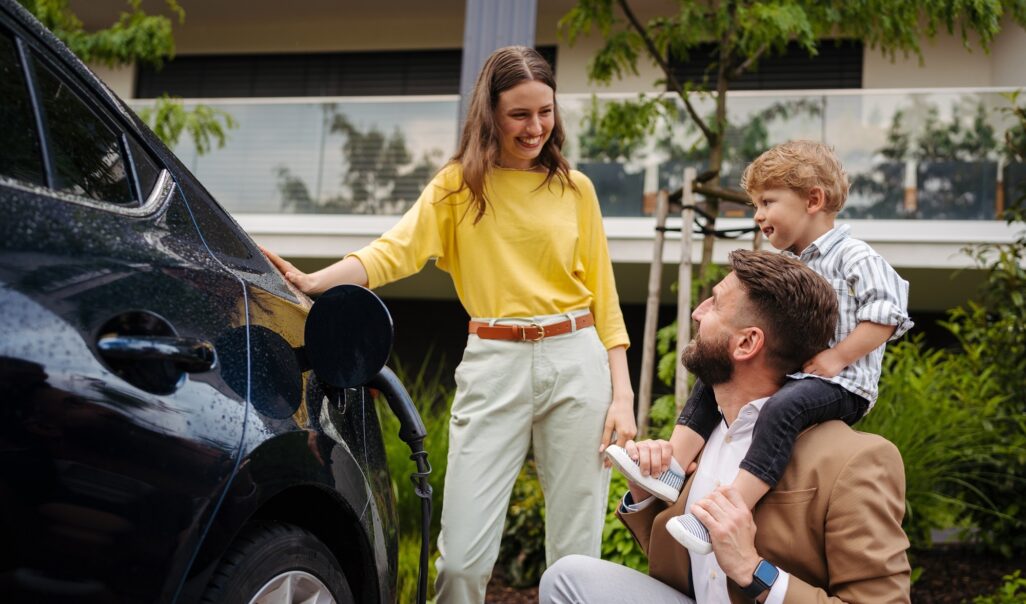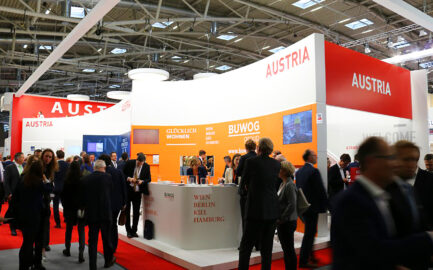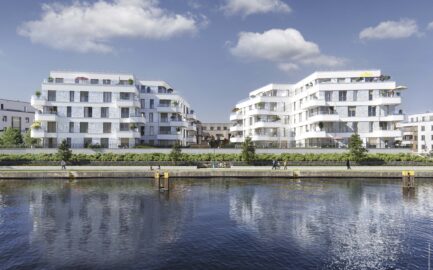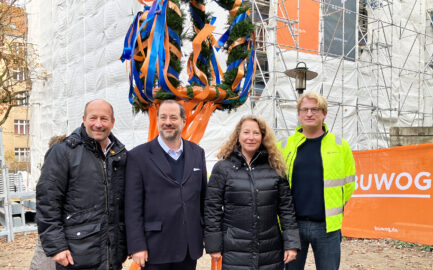The most climate-friendly thing is to avoid CO2 emissions from the outset, of course. But it’s not always possible to avoid traffic, and for those journeys that cannot be made on foot, by bike or by public transport, switching to electric mobility is worthwhile. In this article, klimaaktiv Haushalte illustrates the other reasons in support of electric cars.
Simple and geared towards the future: the advantages of e-mobility
- Road performance:Electric cars offer both efficiency in road traffic and a dynamic and comfortable driving experience. The immediately available torque of electric engines enables especially quick acceleration. In addition, the batteries placed in the vehicle floor ensure a low centre of gravity, which improves the driving experience when taking curves and enhances driving stability.
- Cost advantages:Although electric cars have comparatively higher sales prices, they generally offer long-term cost advantages over combustion engines. In addition, the Federal Ministry for Climate Action, Environment, Energy, Mobility, Innovation and Technology (BMK) subsidises the purchase of electric cars. Electric cars are also exempt from the standardised consumption tax (Normverbrauchsabgabe, NoVA).
- Environmental aspect: Electric vehicles do not produce any harmful exhaust during operation on site, which results in an improvement of air quality. They also help minimise CO2 emissions, especially if the electricity used comes from renewable energy sources and is certified with the Austrian Ecolabel. As a result of their low noise emissions, electric cars help to reduce traffic noise and therefore promote a healthier living environment overall.
Good to know: Electric cars often have the reputation of requiring a good amount of energy. However, compared to a compact car, which can travel 134 km on 100 kWh of primary energy, an electric car with the same energy consumption can cover a distance of 428 km.
Easy-to-find routes to the nearest charging station
Up to 90 percent of electric cars are conveniently charged at home or at work. Homeowners in rural areas in particular have an environmentally compatible opportunity to recharge their cars using their own solar power. To illustrate: The surface area of a carport with a 14 m2 solar rooftop is sufficient to generate energy for around 9,500 km (with a consumption of 21 kWh/100 km). At the same time, the number of publicly accessible charging stations is steadily on the up. In spring 2024, over 20,000 charging points were already available throughout Austria. Ladestellen.at – a BMK initiative – provides a practical overview of public charging points. Some charging cards even enable so-called e-roaming, which allows you to use other charging stations from other operators. This allows you to charge your electric car flexibly at any time, regardless of where you are. The charging time depends on factors such as the vehicle’s maximum charging capacity, the charging point, the battery size and the desired amount of electricity. At fast charging stations, the battery can be sufficiently charged during a short coffee break. In most cases, slow charging overnight is sufficient to fully charge the battery.
For more information on electromobility and how to equip your apartment complex with charging facilities, visit klimaaktiv Haushalte.
Subsidy offers for electric cars and charging stations
Electromobility with electricity from renewable energy is a critical component of climate protection in transport. The e-mobility campaign offers attractive subsidy programmes for private individuals, companies, local authorities and associations. The subsidy for the purchase of an electric car is EUR 3,000, provided that the gross list price of the base model without optional extras does not exceed EUR 60,000. In order to receive the subsidy, 100 percent of the charged electricity must come from renewable sources. The financial support is limited to 50 percent of the acquisition costs.
The BMK has also increased the funding budget for the installation of charging stations and simplified the installation of charging infrastructure in apartment blocks.
Further information can be found at umweltförderung.at.
Sharing is a win: on the go without your own car
Even though most everyday journeys can be made easily and conveniently by public transport, bike or on foot, some trips still require a car. It isn’t always necessary to have your own car though. Carsharing or carpooling also reduces the significant fixed costs for fuel, insurance and maintenance and you are not tied to one type of vehicle but can choose the appropriate one depending on your needs and situation. Carsharing also has a positive environmental impact, as every journey is planned in advance and the use of other environmentally friendly means of transport increases. The formation of carpools also increases vehicle use and thus makes a positive contribution to the environment and the local quality of life.
Tip: Carsharing services are a desirable alternative to private transport. An overview of private and commercial providers can be found at klimaaktiv: Carsharing – nutzen statt besitzen. At klimaaktiv Haushalte you will find an overview of useful mobility services and the electric cars currently available on the Austrian market.










